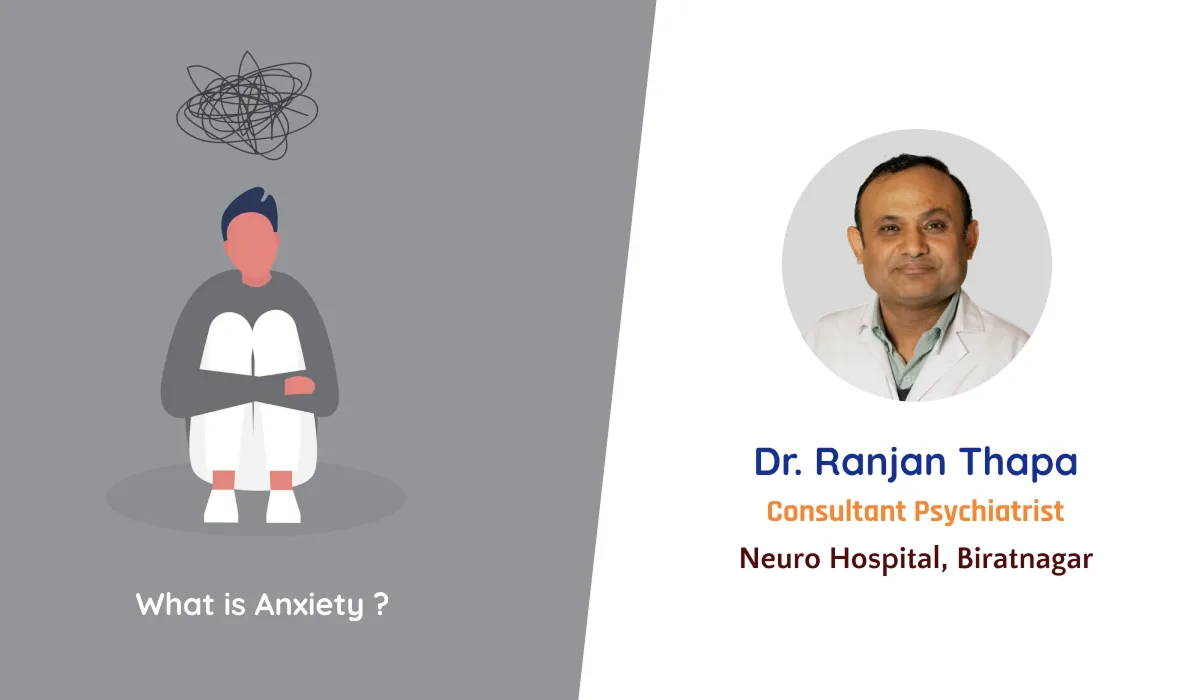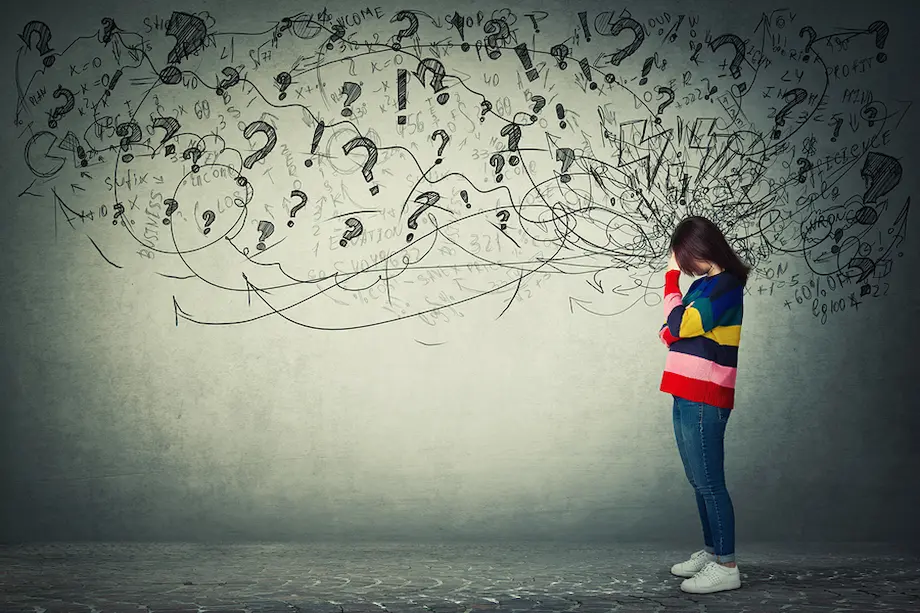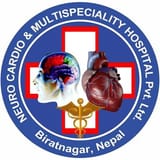What is Anxiety?

Anxiety is a natural human emotion characterized by feelings of worry, nervousness, apprehension, and dread. It can manifest in various ways, both mentally and physically, and is often triggered by perceived threats or stressful situations.Here’s a more detailed breakdown:# Types of Anxiety
- Normal Anxiety: Everyone experiences everyday anxiety in situations like giving presentations, taking exams, or facing uncertainty. This type of anxiety is usually fleeting and manageable.
- Clinical Anxiety: When anxiety becomes excessive, persistent, and interferes with daily life, it might be a sign of an anxiety disorder. These disorders, like generalized anxiety disorder (GAD), social anxiety disorder, and phobias, require professional diagnosis and treatment.
Symptoms of Anxiety
- Feeling nervous, restless or tense
- Having a sense of impending danger, panic or doom
- Having an increased heart rate
- Breathing rapidly (hyperventilation)
- Sweating
- Trembling
- Feeling weak or tired
- Trouble concentrating or thinking about anything other than the present worry
- Having trouble sleeping
- Experiencing gastrointestinal (GI) problems
- Having difficulty controlling worry
- Having the urge to avoid things that trigger anxiety
Mental Symptoms
- Racing thoughts: Feeling like your mind is constantly racing with worried thoughts and fears.
- Worry: Excessive and uncontrollable worry about future events, even minor ones.
- Fear: Intense feelings of dread, often about something bad happening.
- Difficulty concentrating: Unable to focus on tasks or easily distracted by anxious thoughts.
- Irritability: Feeling easily frustrated and impatient.
- Trouble sleeping: Difficulty falling asleep, staying asleep, or waking up feeling restless.
- Feelings of helplessness or doom: A sense that you cannot control your anxiety or that it will never go away.
Physical Symptoms
- Rapid heartbeat: Feeling like your heart is racing or pounding.
- Sweating: Increased sweating, especially on the palms or forehead.
- Trembling or shaking: Uncontrollable shaking or trembling of hands, legs, or voice.
- Shortness of breath: Feeling like you can’t get enough air.
- Muscle tension: Tightness or aching muscles, often in the neck and shoulders.
- Dizziness or lightheadedness: Feeling faint or unsteady.
- Digestive problems: Upset stomach, nausea, diarrhea, or constipation.
- Fatigue: Feeling easily tired or drained of energy.

Causes of Anxiety
- Genetic and biological factors: Family history of anxiety disorders, brain chemistry imbalances, neurotransmitter levels.
- Environmental factors: Stressful life events, trauma, chronic illness, substance abuse, personality traits.
How to Cope with Anxiety
- Lifestyle changes: Regular exercise, healthy diet, relaxation techniques like yoga or meditation, getting enough sleep, avoiding caffeine and alcohol.
- Therapy: Cognitive-behavioral therapy (CBT) is highly effective in managing anxiety by exploring and changing negative thought patterns.
- Medication: In some cases, medication like antidepressants can be helpful in managing anxiety symptoms.
Important Things to Remember
- Anxiety is a common condition, affecting millions of people worldwide.
- It’s treatable! With proper care and support, most people with anxiety can live fulfilling lives.
- You are not alone. There are many resources available to help you manage anxiety, including support groups and online communities. If you’re concerned about your anxiety, don’t hesitate to reach out for help. Talk to your doctor, a mental health professional, or a trusted friend or family member.





